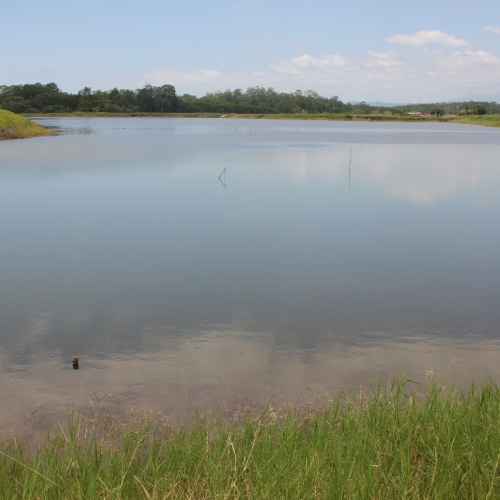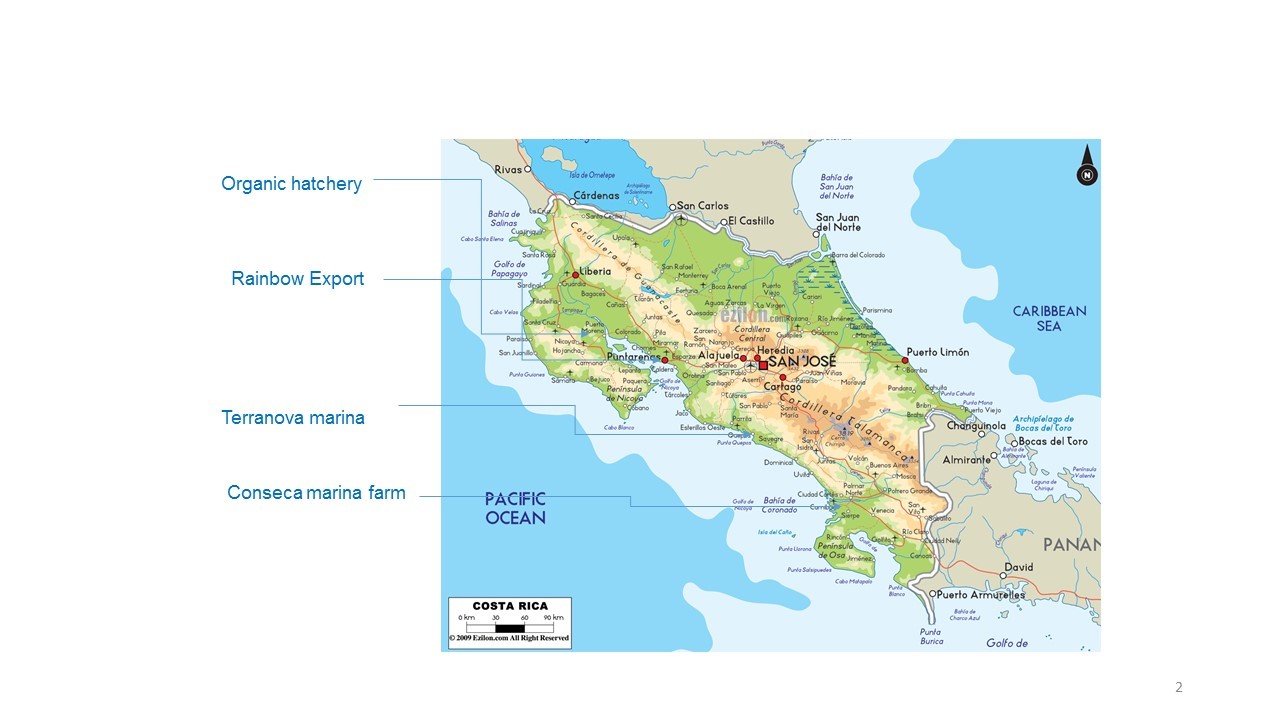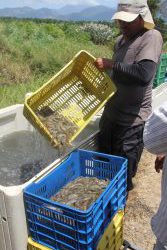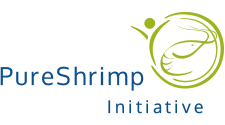Aquaculture improvement projects

West Bengal Traditional Black Tiger Project (WTBT) -INDIA
Hofer KG
This project aims at preserving the traditional nature of the shrimp production in West Bengal. Development partner, Hofer KG, has been supporting organic certification and stepwise improvement of livelihood conditions. After gaining organic certification according to EU regulation, the local partners are now working on Naturland certification.
Unlike EU regulation, Naturland includes social aspects as well.
This project is split in 2 phases.
Phase 1 ran from end of 2013 until April 2017. Austrian retailer Hofer KG was the main partner in the project implementation with some co-funding from the Austrian Development Agency (ADA). Ristic GmbH appointed sustainability consultancy Bluesensus as coordinator of the project.
First, a local project team was established for the continuous work with selected farmers. In a first step an Internal Control System was established as well as all other EU production rules for organic aquaculture implemented. The farmers received training and a processor was identified and qualified. All those involved were prepared for initial organic certification. This could be achieved in 2015, with a renewal in 2016 and 2017. In addition, the processing partner obtained BRC certification in 2017 and started to work on BSCI implementation.
The University of Calcutta carried out an environmental and social impact analysis to identify areas where specific improvements could be made. The focus here was on the farm workers and their families. No migrant workers are employed in the project, but rather local people born in the surrounding villages. Nevertheless, they represent the weakest link in the value creation chain.
Various improvements could be achieved:
- Creation of 10 jobs (Blue Sea Aquaculture)
- planting of trees along the farm borders,
- construction of bio-toilets at the farm sites,
- installing solar lamps in each farm,
- improving the farmer’s collection center by a solar lightning system and construction of a bore well,
- doctor’s treatment
- capacity building (nutrition and organic agriculture for homegardens)
- qualification of 10 first aid rescue people selected from the villages
Phase 2, a spin-off of the Hofer KG project, started in February 2017 with the founding of Blue Sea Aquaculture Pvt. Ltd. It was extremely important that the achievements and efforts from the Hofer KG project did not stop after the project funding from the Austrian partners ceased. Partners committed to support the local team of Blue Sea Aquaculture in their continuous development of the organic certification and work on Naturland certification. Furthermore also a community based infrastructure for the co-management of social/environmental improvements is being setup.
A sales market for the certified West Bengal Traditional Black Tigers to which Hofer and Aldi Süd are committed as well is being further developed.
The project can also count on the commitment of Alcom Exim.
Partners:
Blue Sea Aquaculture
Alcom Exim
Project coordinator:
Area of the farmer’s clusters, about 90 km east from Calcutta in the villages of Rajendrapur, Gopalpur and Garakupi in India.
Phase 1
Hofer KG project: The project succeeded in achieving organic certification of farmer clusters in two villages: 14 farmers in Rajendrapur and 16 farmers in Gopalpur. First a local team was set up and trained to implement an internal control system and a processing partner was involved. Also, a farm greening project was executed and aseptic toilets were built, as well as a water well.


Phase 2
It was extremely important that the achievements and efforts that came forth from the Hofer KG project did not stop after the project funding from the Austrian partners ceased.
Apurba Saha, manager of the local team in charge of the entire internal control system, created the company Blue Sea Aquaculture Pvt. Ltd. The organic certification will be upheld and preparations towards Naturland certification have been initiated. Alcom Exim, is also committed to the project. The creation of Blue Sea Aquaculture marked the start of phase 2 in February 2017. Main challenges that the partners are now addressing:
- recertification (organic)
- working towards Naturland certification (also strengthening social aspects)
- ensure a sustainable market for the Black Tiger product from the project

Blue Sea Aquaculture team


Vannamei aquaculture improvement project – COSTA RICA
Rainbow Export Processing SA
The engagement of Rainbow Export Processing to develop an organic supply chain for L. vannamei production in Costa Rica started already in 2006. Today, the majority of Costa Rican shrimp farmers have joined this initiative. In addition, Rainbow Export Processing operates an own organic shrimp farm, Terranova Marina which has achieved not only the certification according European organic regulation but also the Naturland certification.
In comparison to Ecuador or Mexico shrimp production volumes are quite small in Costa Rica. Besides a handful of larger farms mainly small producers (< 100 ha farm size) are involved.
Rainbow Export Processing has started a promotion campaign for organic shrimp farming already in 2006 as Ristic GmbH, had been pioneering organic shrimp sales in Germany and other EU markets. Rainbow developed stepwise the pre-condition for organic shrimp farming in Costa Rica. An organic production protocol was developed, organic nauplii and feed organized, one hatchery converted to organic production, and last but not least farmers were trained in organic production. With the offer and the promise to sell the organic shrimp, farmers stepwise joined the project.

Google Earth Picture from Terranova Marina Novamar
In 2012, Rainbow Export Processing took over the management of one of the largest shrimp farms in Costa Rica: Terranova Marina Novamar. This farm counts on EU organic and Naturland certification. In 2016 the large farm Cosecha Marina joined the organic project and started conversion to organic production. A big success for Rainbow Export Processing’s efforts: with Cosecha Marina on board, they have converted more than 80% of Costa Rican shrimp aquaculture to organic production.
Partners in this project are:

Continuation of the organic and Naturland certifications for Terranova Marina and Rainbow Export Processing.
Initiation of the BSCI (Business Social Compliance Initiative) audit for social compliance on primary production level.

